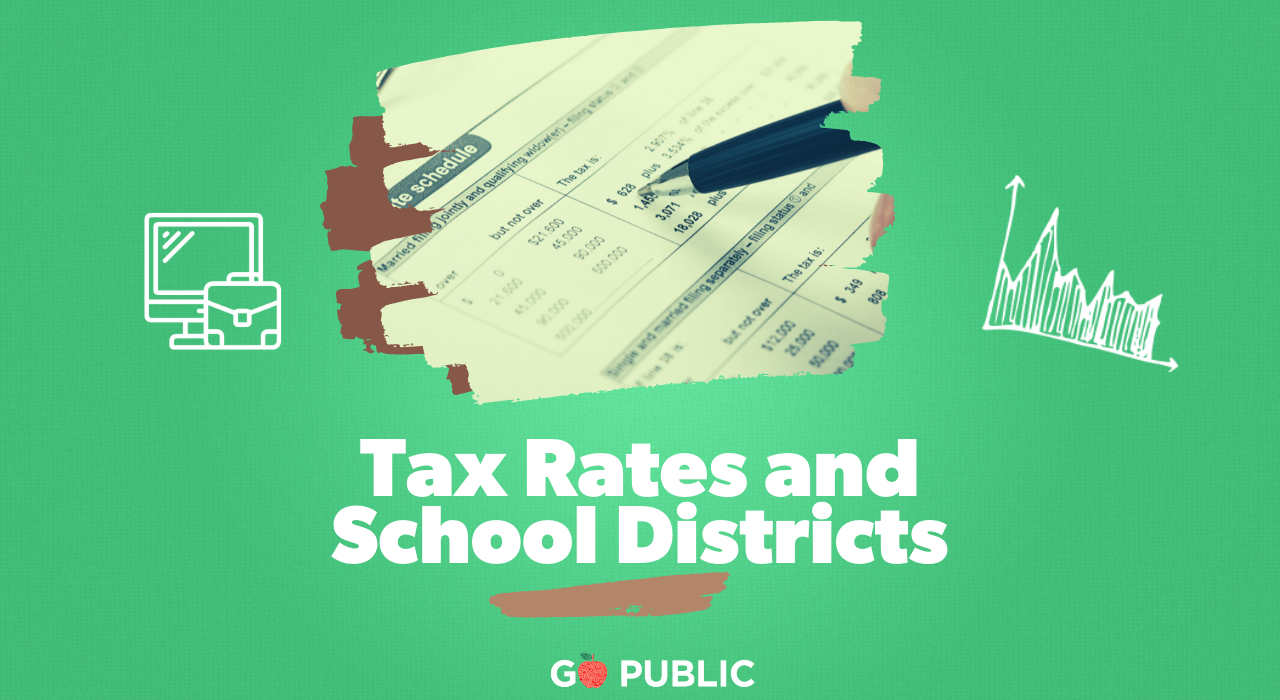How Can Your Tax Bill Go Up When the Tax Rate Goes Down?
Response from “Ask a Former Board Trustee”- Clear Creek ISD Chapter: Joanna Baleson, Ken Baliker, Jennifer Broddle, Bob Davee, Glenn Freedman, Ann Hammond, Charlie Pond, Page Rander Dee Scott, Win Weber © AFTCCISD2021
School Tax Rates Explained
What happens when a school district’s tax rate goes down, but my school tax bill goes up? The short answer is that the assessed value on your property rose faster than the decline in the ISD’s tax rate – and the ISD has no control over that assessment. For example, in Clear Creek ISD, their bonds have been retired, legislative actions affected all school districts, and thus, their tax rate went down. In 2019 Clear Creek ISD’s rate was $1.40; in 2020, the rate was $1.31; and in 2021, the current rate is $1.2659. Down about 13½ cents per $100 valuation or about 10%; That’s a lot.
If a school district has no control over the assessed value of my property, who does? The respective county appraisal districts determine property values for districts within their boundaries. In the example of Clear Creek ISD, if your property is located in Harris County, the Harris County Appraisal District and its property appraisers are responsible for determining the taxable value of your property as of January 1st of each taxable year. If your property is in Galveston County, the Galveston Central Appraisal District determines its taxable value each year.
Does a school district have any control over appraisal districts? No. Based on the Texas Property Tax Code, each county’s appraisal district is a separate governmental entity. County appraisal districts are supposed to annually determine the appraised value of your taxable property without any input or influence from local taxing entities like a school district.
If the local appraisal district is determining the taxable value of my property, why does my tax bill come from the local school district? The local appraisal districts report their assessment of property values to the school district’s tax office. The district’s tax office is required to accept that final value and apply the district’s current tax rate to the assessed value. Then, the district issues your annual tax bill.
Is there any oversight of the county appraisal district’s determination of the assessed property value? All property owners have the individual right to appeal the appraisal district’s annual determination of the taxable value of their property. Generally, only the State Comptroller’s office oversees the value determinations of the local appraisal districts. However, the Comptroller’s office is primarily concerned with insuring that those local assessments do not result in an undervaluing of your property.
Why would the State of Texas be concerned that the assessed value of my property is too low? The bottom line is that the more money generated from local tax assessments, the easier it is for Austin to meet its general revenue obligations. The legislature’s current goal is to fund public education on a roughly equal basis between a school district’s local property tax assessments and the State’s general revenue contribution. The actual costs of State’s investment in public education are increasing due increasing population growth, unfunded mandates, technology demands, and many other factors.
© AFTCCISD2021























